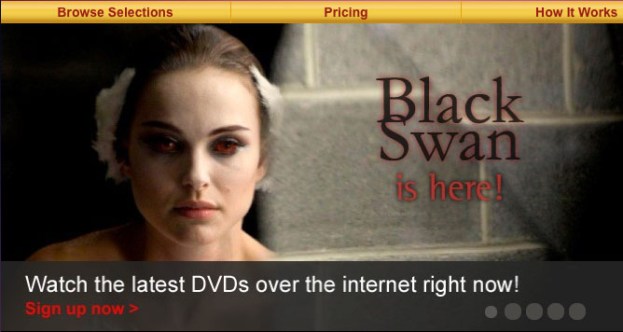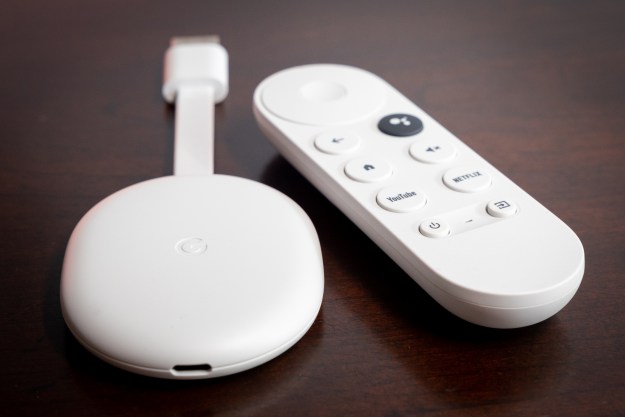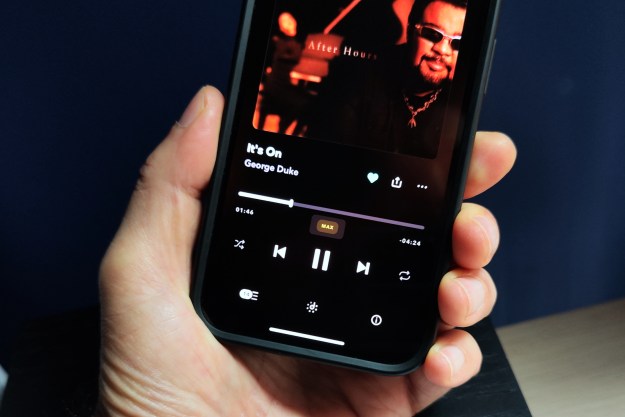
While a judge issued a temporary injunction against Zediva’s operations during August 2011, Zediva has been officially shut down for good by U.S. District Judge John Walter as of this week. When Zediva launched earlier this year, the service streamed brand new movie releases for $2 each. Rather than negotiating any type of streaming rights with the movie studios, Zediva would purchase new releases at retail prices and incorporate place-shifting technology to stream the movie out to the user. While Zediva’s rental capacity was limited to the amount of DVD players the company owned, consumers were given a two-week rental period with a maximum viewing time of four hours. This allowed users to access special features on the DVD as most movies typically wouldn’t last more than two hours, thus offering extra time to dive into deleted scenes and commentaries.

The court have ordered that Zediva pay the studios a sum of $1.8 million for the copyright violations. It’s unclear if the company has enough funds from the small amount of time that the service was utilized by consumers. Representatives of the MPAA hope that this ruling will set an example for future startups that attempt to circumvent streaming rules.


